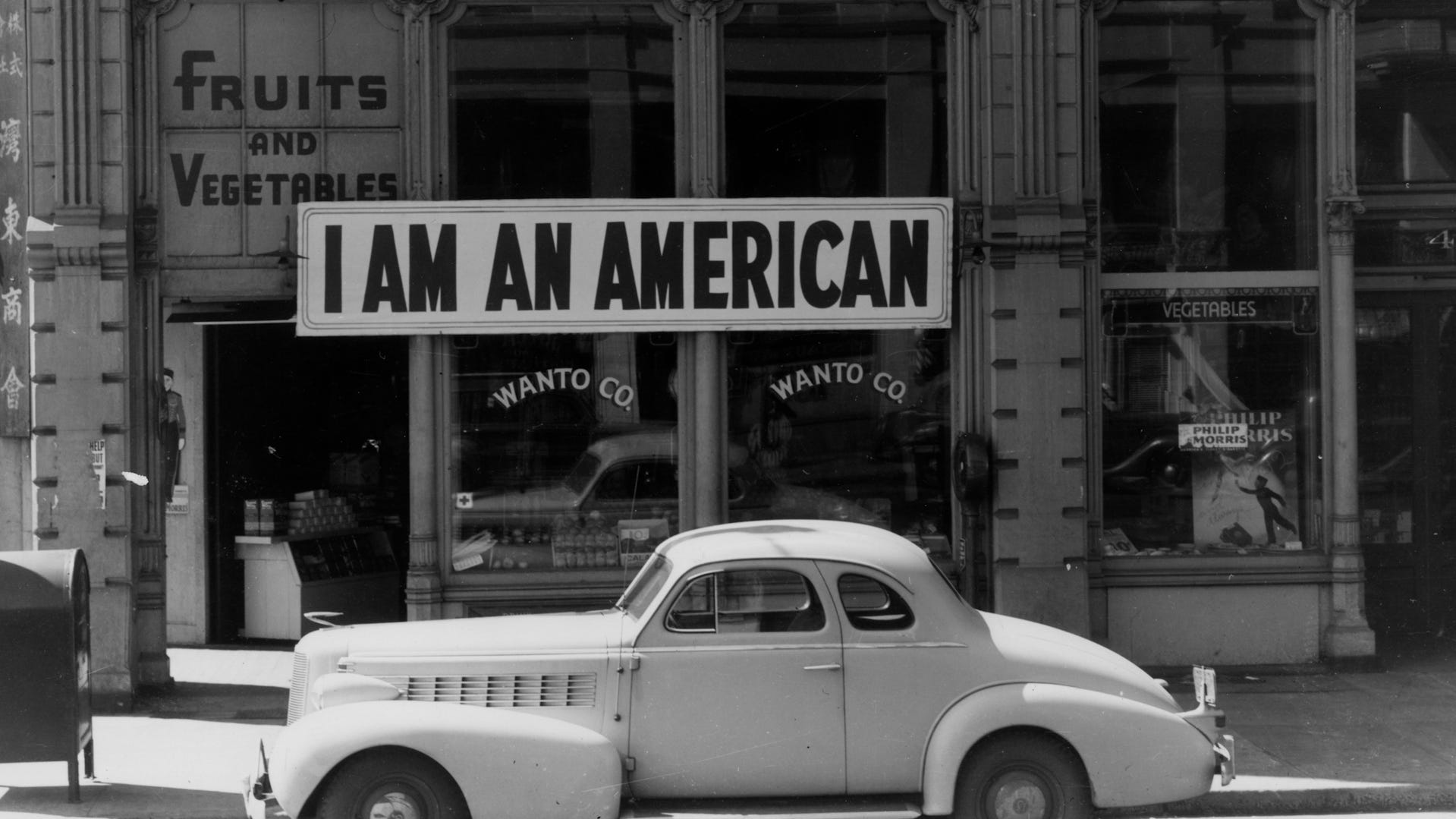Trump claimed victory on SCOTUS Alien Enemies Act ruling. So did the ACLU. Who's right?

A temporary restraining order blocking the Trump administration from deporting migrants to a notorious Salvadoran mega-prison under an obscure 18th-century law was tossed out by the Supreme Court Monday – but that doesn't mean the Supreme Court was actually rubber-stamping the deportations.
In mid-March, Trump invoked the 1798 Alien Enemies Act to expedite deportations. The administration zeroed in on migrants who it said were criminals or members of Tren de Aragua, a Venezuelan gang the administration has labeled a terrorist organization.
Last month, officials placed the first of more than 200 Venezuelan migrants in El Salvador's Terrorism Confinement Center, also known as CECOT. The prison has been criticized by human rights observers for its harsh and dangerous conditions, as well as its treatment of people held in custody without due process.
Family members and advocates of the expelled Venezuelan migrants have said evidence of their suspected ties to gangs is scant, as Paste BN reported, focusing on tattoos of images such as crowns. The Supreme Court didn't rule on whether the government's evidence was enough to justify the deportations.
Administration officials celebrated the ruling.
"THE FOREIGN TERRORISTS WILL BE ARRESTED AND EXPELLED," Stephen Miller, the White House deputy chief of staff for policy, posted on X.
But a lawyer at the ACLU, which represented several men who have challenged the administration's action, argued that the men had won an "important victory." Here's what to know about the ruling:
What did the Supreme Court decide?
The Supreme Court tossed out a District of Columbia federal judge's temporary restraining order that had blocked the Trump administration from using the Alien Enemies Act to remove any more noncitizens who are in U.S. custody. But the Supreme Court did not rule out the possibility that it would ultimately decide against the Trump administration.
Instead, five of the six Republican-appointed justices, except Trump-appointed Justice Amy Coney Barrett, ruled that the five men behind the lawsuit should have brought their legal challenges through a different type of lawsuit based on where they are being held, in Texas.
The court's majority specifically said in its ruling that detainees being held under the Alien Enemies Act "are entitled to notice and an opportunity to challenge their removal." The notice those detainees get "must be afforded within a reasonable time and in such a manner as will allow them to actually seek" court protection "before such removal occurs," according to the majority.
Trump portrays decision as big win – but was it?
Soon after the ruling, Trump took to Truth Social to hail it as a victory.
"The Supreme Court has upheld the Rule of Law in our Nation by allowing a President, whoever that may be, to be able to secure our Borders, and protect our families and our Country, itself," the president posted. "A GREAT DAY FOR JUSTICE IN AMERICA!"
But the Supreme Court made clear it wasn't delivering the president such a sweeping victory.
In fact, the high court rebuffed the idea that the Trump administration could use the Alien Enemies Act to deport suspected Venezuelan gang members without giving them notice and a reasonable amount of time to challenge the deportation.
And the court also left much unsaid. Is the president allowed to invoke the Alien Enemies Act, which has traditionally been used during wartime, in non-wartime to deport suspected members of a Venezuelan gang? Can the Trump administration be forced to bring back alleged gang members who were deported to El Salvador under the Alien Enemies Act? The justices left those questions for a later day.
What happens to the men held in El Salvador?
Hundreds of Venezuelan migrants will remain in CECOT for now. Under the Supreme Court ruling, federal immigration officials can now send more migrants to CECOT, which can house up to 40,000 people.
Federal officials have said the U.S. paid the Salvadoran government $6 million to house the migrants. Salvadoran President Nayib Bukele has said the U.S. is paying little to house them.
Kristi Noem, secretary of the Department of Homeland Security, visited the facility in late March after authorities flew the first migrants to El Salvador and placed them in the prison. CECOT doesn't allow visitations or outdoor recreation. The prison sits at the base of a volcano in a rural region southeast of the capital, San Salvador.
The family of a 29-year-old Salvadoran migrant held in CECOT because of an "administrative error" has appealed to the Supreme Court for his release. Federal immigration agents placed Kilmar Abrego Garcia, a Maryland father who has lived in the U.S. for more than a decade, in CECOT on March 15, the same day Trump invoked the Alien Enemies Act.
The Trump administration says it has no jurisdiction to return Abrego Garcia, though U.S. District Judge Paula Xinis of Maryland, who presided in the lower court case, cited comments by U.S. officials and Bukele about the agreement between the two governments.
Officials have accused Abrego Garcia of ties to MS-13, a violent Salvadoran gang with origins in the U.S., though his family has denied this. Xinis said the administration has not presented evidence to support the accusation.
After his family won rulings for his return to U.S. soil by Monday, the Trump administration petitioned the Supreme Court to intervene. On Monday, Chief Justice John Roberts placed a temporarily hold on Xinis' order as the court reviews the case.
It's unclear how many people, if any, have been released from CECOT.